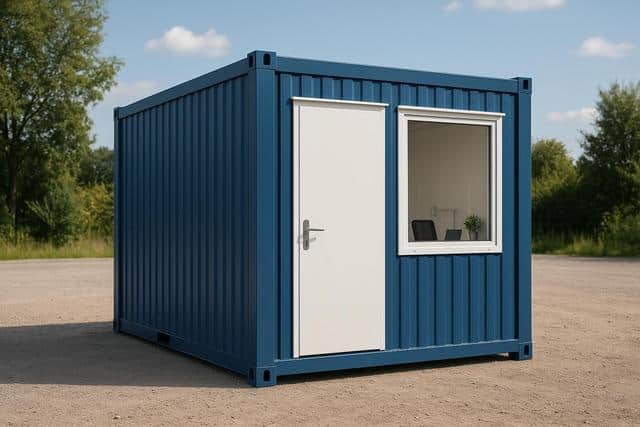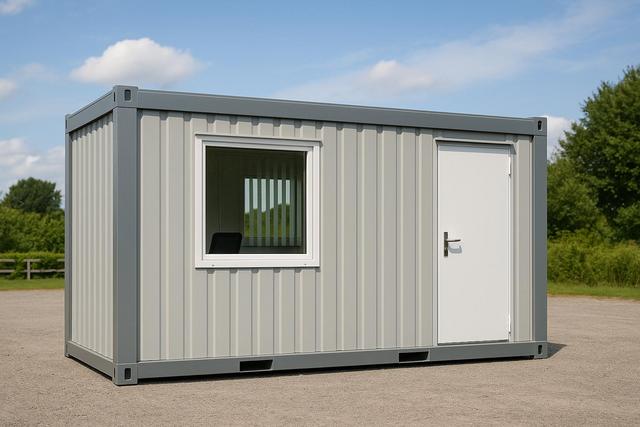
How Consumer Behavior is Shaping the Future of Sustainable Fashion
As the fashion industry evolves, consumer behavior plays a pivotal role in steering the course towards sustainability. With growing awareness about environmental impacts, shoppers are increasingly demanding transparency and eco-friendly practices from brands. This shift is not just a trend but a transformative movement reshaping the future of fashion.
In recent years, the conversation around sustainable fashion has gained momentum, driven largely by changes in consumer behavior. This evolution is not just altering how clothes are made but also how they are marketed and perceived. To understand this shift, it’s essential to explore the factors influencing consumer decisions and how brands are responding to these demands.
Understanding the Consumer Shift
Today’s consumers are more informed than ever, thanks to the digital age. The rise of social media and online platforms has facilitated a wider dissemination of information about the environmental impacts of fashion. A report from McKinsey & Company highlights that 67% of consumers consider using sustainable materials an important purchasing factor. This awareness is compelling brands to adapt their practices.
Expert Insights
According to Dr. Kate Fletcher, a leading researcher in sustainable fashion, “The industry’s future lies in its ability to embrace sustainability as a core value.” Her insights echo the sentiment of many experts who believe that consumer demand for ethical practices will continue to grow.
Statistics Supporting the Trend
Recent studies indicate a significant shift in consumer priorities. For instance, a survey by GlobalData found that 45% of consumers are willing to spend more on sustainable clothing. This trend is further supported by the increase in sales of second-hand fashion, which is poised to reach $77 billion by 2025, according to ThredUp’s 2021 Resale Report.
Personal Experiences
Consider the case of Emily, a young professional who decided to overhaul her wardrobe after learning about the environmental toll of fast fashion. By choosing to buy from sustainable brands and thrift stores, she not only reduced her carbon footprint but also inspired her peers to reconsider their shopping habits.
Actionable Tips for Consumers
- Research brands before purchasing to ensure they align with your values.
- Opt for quality over quantity to reduce waste.
- Embrace second-hand shopping and clothing swaps.
- Support local and independent designers who prioritize sustainability.
Look for certifications like GOTS or Fair Trade on clothing labels to ensure ethical practices.
Brands Responding to Demand
Many brands are now taking significant steps to meet consumer expectations. From implementing eco-friendly manufacturing processes to launching transparency initiatives, these efforts reflect a broader industry shift. For example, several renowned fashion houses have pledged to use 100% sustainable materials by 2030.
Table: Consumer Preferences in Sustainable Fashion
| Preference | Percentage |
|---|---|
| Sustainable Materials | 67% |
| Transparency | 59% |
| Ethical Labor Practices | 54% |
| Second-Hand Purchases | 45% |
| Local Brands | 38% |
| Minimal Packaging | 35% |
| Recyclability | 30% |
| Carbon Neutrality | 28% |
FAQ
What is sustainable fashion?
Sustainable fashion refers to clothing that is produced in an environmentally and socially conscious manner.
How can consumers influence sustainable fashion?
Consumers can influence sustainable fashion by choosing to purchase from brands that prioritize eco-friendly practices and by advocating for transparency.
Conclusion
The future of sustainable fashion is bright, largely driven by conscious consumer behavior. As more people prioritize sustainability in their purchasing decisions, brands are encouraged to innovate and implement ethical practices. By staying informed and choosing mindfully, consumers can continue to drive this positive change, ensuring that fashion evolves in harmony with our planet.


